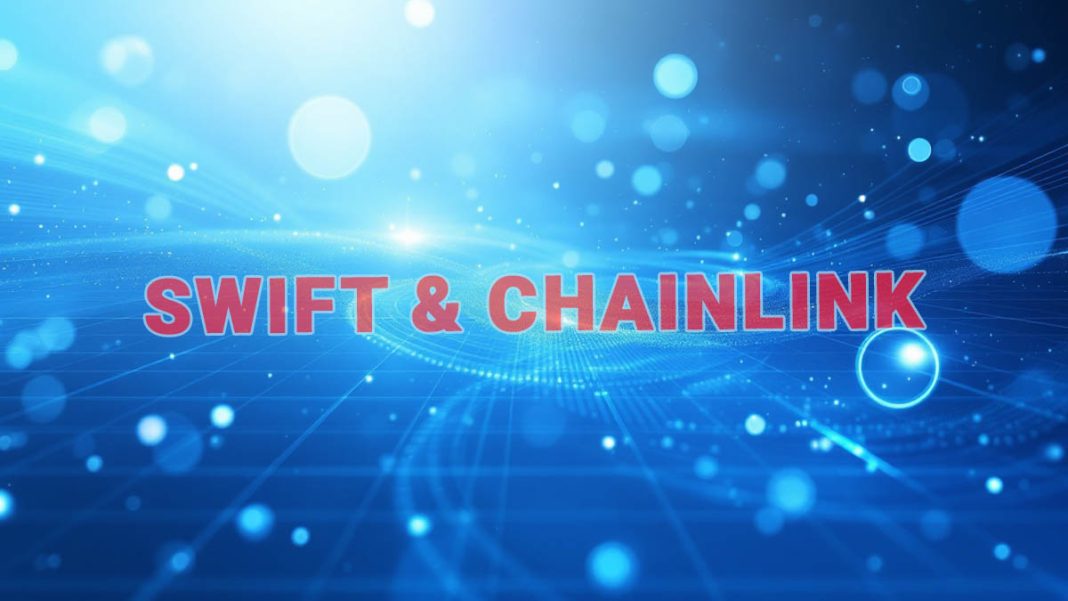The global financial system is entering a new era as SWIFT, the world’s leading financial messaging network, and Chainlink, a pioneer in blockchain interoperability, announced the launch of a new blockchain-based registry for banks. This initiative follows more than two years of research into digital assets and builds on a long-standing partnership between the two organizations dating back to 2016.
The platform is designed to process corporate events in the financial sector with unprecedented accuracy and efficiency. A total of 24 major financial institutions, including DTCC, Euroclear, UBS, and Wellington Management, are actively participating in the project. Leveraging artificial intelligence, the system extracts information from unstructured documents and ensures accuracy through validation by network participants. Once verified, the data is transformed into standardized ISO 20022 messages and transmitted via the SWIFT network. At the same time, Chainlink’s interoperability protocol distributes this data seamlessly across both public and private blockchains.
Early testing has demonstrated nearly 100% accuracy rates, with support for multiple languages such as Spanish and Chinese. This innovation creates a single trusted source of data that can be simultaneously accessed by both smart contracts and traditional banking systems, bridging the gap between legacy infrastructure and emerging decentralized technologies.
The significance of this collaboration lies in its ability to enable banks to interact with blockchain ecosystems while relying on their existing SWIFT infrastructure. By maintaining compatibility with long-established messaging standards, the transition to working with tokenized assets becomes less complex and significantly more cost-effective.
This milestone comes after years of progressive experiments conducted by SWIFT and Chainlink. Their earlier collaborations showcased smart contracts for bond issuance, cross-chain transfers of tokenized assets, and settlement of tokenized fund shares using fiat currencies. In September, SWIFT also began integrating distributed ledger technology (DLT) to strengthen its data exchange capabilities.
By uniting the reliability of SWIFT’s global network with Chainlink’s blockchain expertise, the new platform marks a crucial step in creating trustworthy, scalable, and interoperable solutions for the banking sector. As tokenization continues to gain traction across assets ranging from bonds to real estate, the ability to connect traditional finance with blockchain ecosystems may redefine the very structure of the financial industry.
In conclusion, the SWIFT and Chainlink partnership is more than a technical upgrade—it’s a gateway to the future of digital finance. By merging established financial standards with decentralized innovation, this initiative could accelerate global adoption of tokenized assets, reduce costs, and provide banks with the tools to stay competitive in an evolving digital economy.






